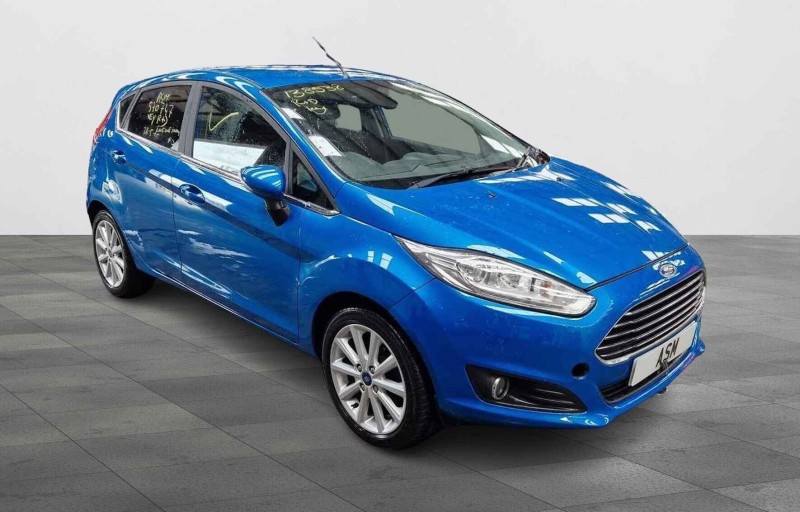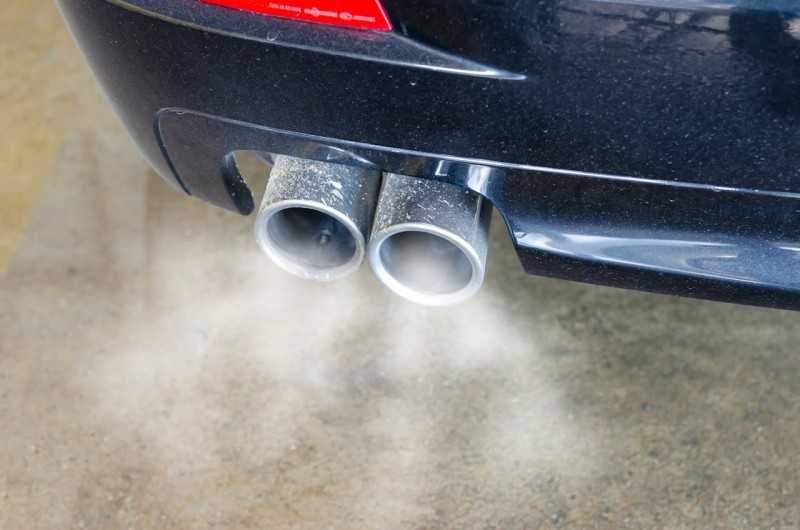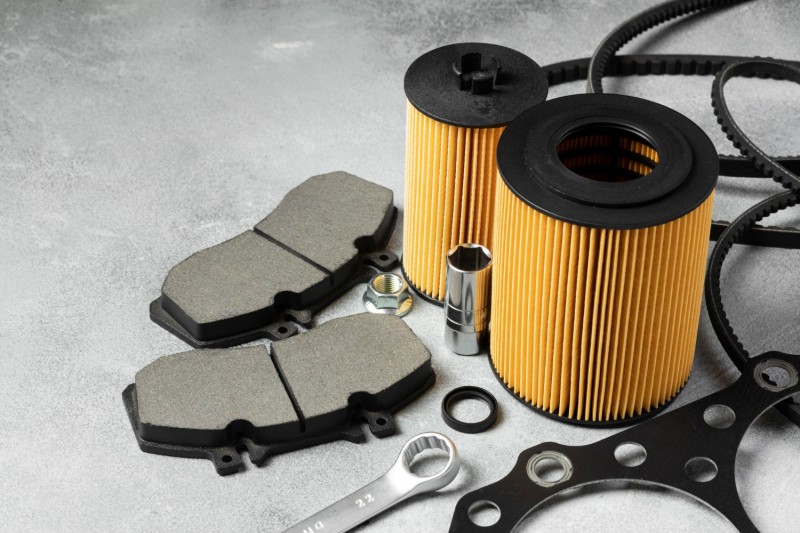Our Scrappage, Recycling and Car Blog
Car Cleaning Tips

You could easily get your car cleaned and valeted at a commercial car wash, but wouldn’t it be better to save some money and have the satisfaction of doing it yourself? It doesn’t have to take much more than an hour or two. This guide to car cleaning tips will help you get that showroom shine in no time.
Here are the basic bits of kit to clean your car inside and out:
What is the most stolen car in the UK?

Data released by the DVLA has revealed the cars most targeted by thieves in 2024. The report also shows that while car theft fell by 6% year on year in the UK, there is also twice as much car theft as 10 years ago.
In total, 61,343 cars were stolen during the year. When you put that number into context, that adds up to 168 per day, and 7 per hour.
What is the Association of British Insurers Code of Practice?

When insurers assess an insurance claim for a vehicle after an accident or theft, flood or fire, they are guided by the Association of British Insurers (ABI) Code of Practice.
CO2 emissions and the automotive industry

Ever wondered what carbon dioxide (CO2) emissions are generated by your vehicle? You might not be aware that CO2 emissions can influence the amount of car tax you pay, as well as the rate of company car tax for fleet users.
Although there is a growing demand for hybrid or electric vehicles (At the end of 2024 there were more than 1,360,000 battery powered electric vehicles in the UK), most cars on the road today still have petrol or diesel engines. When your engine is running, your vehicle’s fuel mixes with the air in the engine to generate the power needed to drive. Because petrol and diesel naturally contain a lot of carbon, burning them produces carbon dioxide gas which is then emitted into the atmosphere via the exhaust pipe.
How To Replace A Car Air Filter

Changing an air filter in a car is an easy and quick motor maintenance job. It does not require any professional training or skills, and all you need is a few tools and a few minutes to replace a car engine air filter. It is one of those common car issues that you can fix yourself.
Whether you drive a petrol or diesel vehicle, the fuel needs to combine with oxygen in order to work effectively. Air filters ensure that any kind of debris, pollen or dirt in the air does not get into the vehicle’s engine. The cleaner the air is that reaches the engine the more efficiently the car will run. Over time air filters get dirty and become less effective. If air filters aren’t changed regularly, the engine is more likely to be damaged.
Previous 5 entries | Page 1 of 20 | Next 5 entries
Categories
- Car Maintenance 25
- Driving Abroad 2
- Economy 1
- Environment 3
- Insurance 2
- Light-Hearted 1
- Motoring Guides 6
- Motorways 1
- New Car Sales 1
- Safety 4
- Salvage 14
- Social & Community 5
- Used Cars 19
- Winter Driving 2
Recent posts
- Car Cleaning Tips
- The Most Stolen Cars in UK
- ABI Vehicle Salvage Code of Practice
- Car CO2 Emissions
- How To Replace A Car Air Filter
- Recycling a Car: 5 Fascinating Facts
- Clocking, Cloning, Ringing and Cut & Shut
- MOT: the complete guide
- Used Tyres Guide
- What is GAP insurance?
- Guide to finding a replacement car engine
- Does the scrap value of steel affect your car’s scrap value?
- What are the most valuable salvage car parts?
- The Ultimate Guide to Replacing Wing Mirrors
- ASM Has Procured Over 350 Jaguar and Land Rover Flood-Damaged Cars!